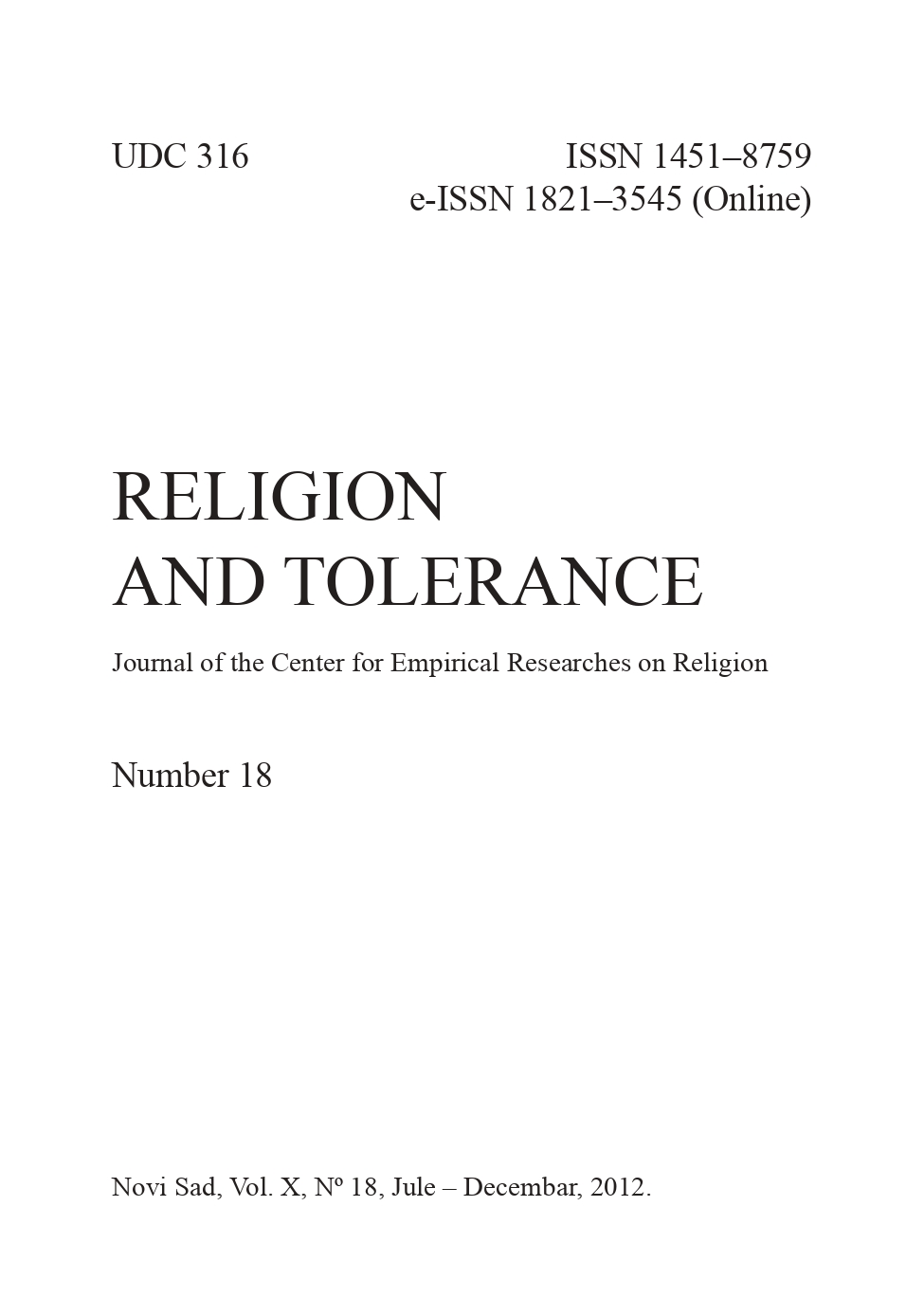OSNOVNI POJMOVI PREKO KOJIH KEJT DI ROUZ OBJAŠNJAVA SKEPTIČKI ARGUMENT – RELATIVIZACIJA ISTINE –
BASIC CONCEPTS USED BY KEITH DEROSE TO EXPLAIN SCEPTICAL ARGUMENT – RELATIVIZATION OF THE TRUTH –
Author(s): Ana KuburićSubject(s): Theology and Religion
Published by: Centar za empirijska istraživanja religije (CEIR)
Keywords: Contextualism; skepticism; strength of epistemic position; Keith DeRose
Summary/Abstract: This paper presents a position of American philosopher Keith DeRose on an important issue of the theory of knowledge – epistemological contextualism, which offers an answer to an old question about skepticism, in the sense that it “establishes the thought in reality”. The first portion of the paper briefly points out basic problems of epistemology and the place of contextualism in it; it also shows certain solutions offered by representatives of this school of thought (e.g. Robert Nozick). There is an established dialogic and polemical approach to different understandings, including those from among the group of contextualists. Namely, Keith DeRose thinks that contextualism is not a viewpoint that deals with the structure of knowledge or its justification; it is rather a viewpoint that defines truth conditions. Keith DeRose especially insists on two concepts – “sensitivity of belief” and “strength of epistemic position”, which are shown in details.
Journal: Religija i tolerancija
- Issue Year: 10/2012
- Issue No: 18
- Page Range: 249-260
- Page Count: 12
- Language: Serbian

